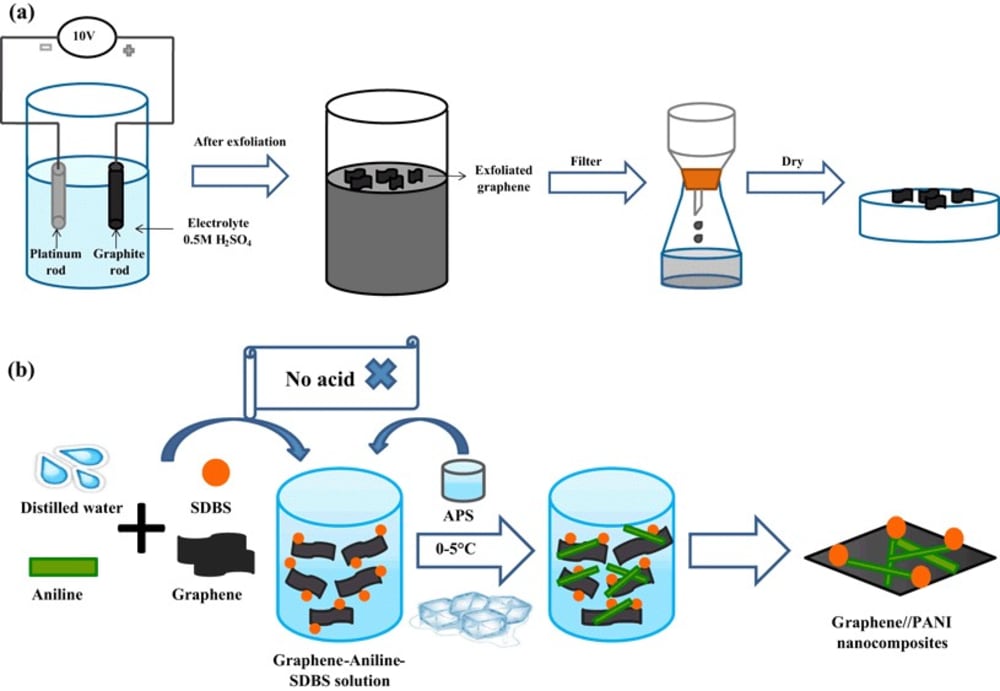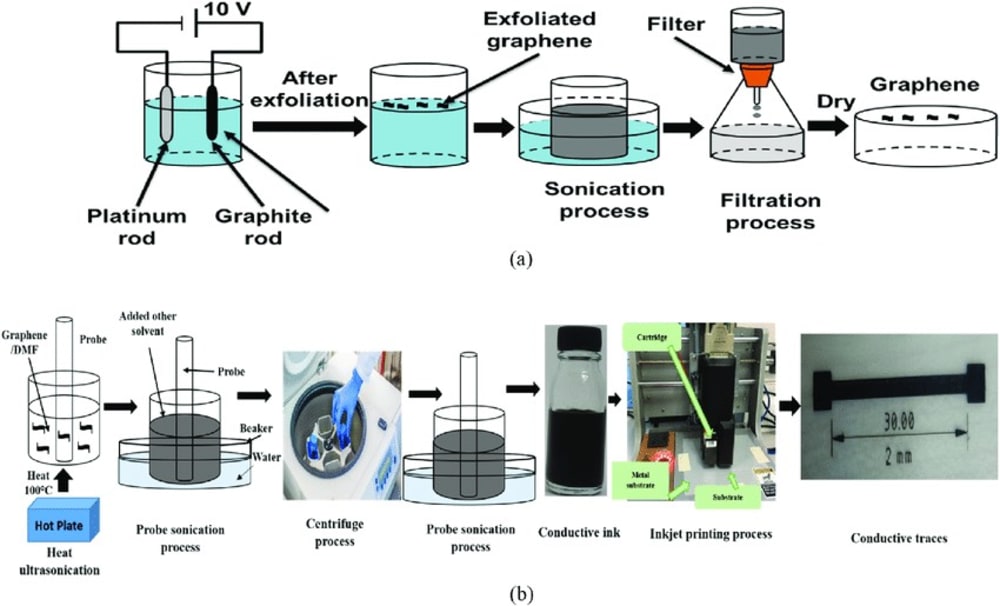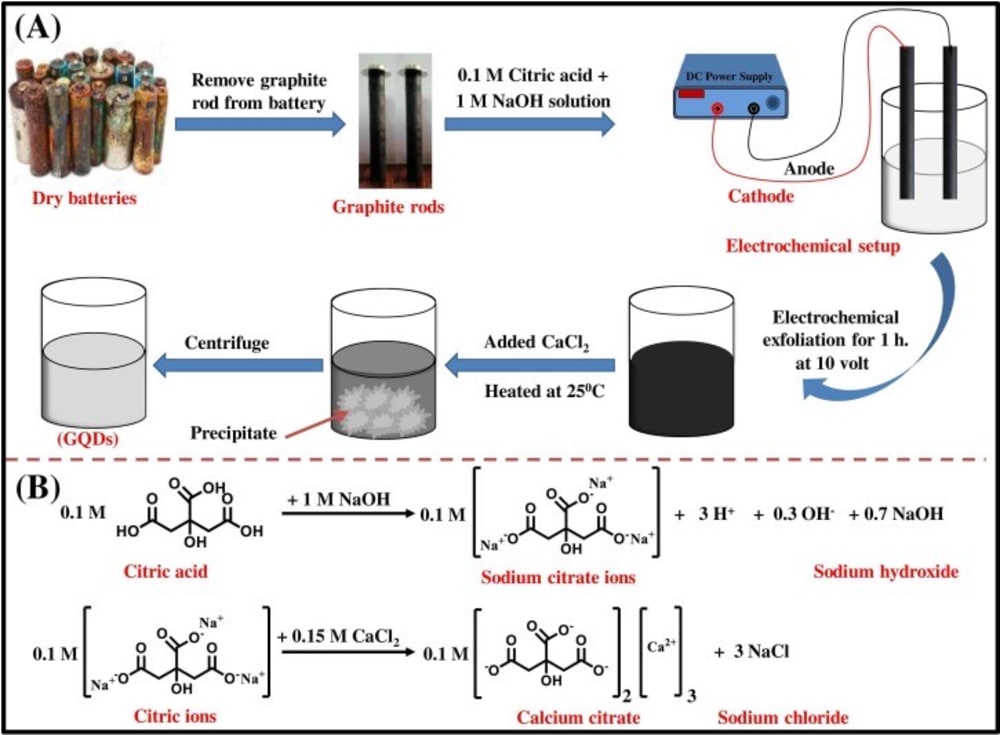Graphene-based supercapacitors offer several key benefits that make them an attractive option for next-generation energy storage devices. The graphene-derived supercapacitors become the preferred choice due to their standout features –they are the next generation energy storage systems:
1. High Energy Density: Graphene is immediately apparent in its possession of a larger surface area, which enables it to hold more charge, denoting it can store more energy than before. The fact that this superb idea works promises all sorts of other applications for areas that need to recharge and recycle energy devices.
2. Rapid Charge-Discharge Rates: On the contrary, the excellent electric conductivity of graphene determines that supercapacitors deliver a very high current power supply which usually can’t last more than seconds or even milliseconds. The quickly responsive nature of a transformer makes it suitable for areas of the system where power is required immediately. Transformer can, for example, be used to take quick action when huge amount of power needed in power transmission lines or our power grids become unbalanced.
3. Long Cycle Life: Besides graphene's role as the strong building block of mechanical components like a supercapacitor developed from chemical elements, the benefit of the device's long life with hundreds of thousands to millions of charge-discharge cycles without much degradation is a plus point. This would make it very convenient for the consumers to use the product on a long-term basis same as the after-time of the product, the manufacturer could save on the maintenance and repair costs.
4. Wide Temperature Range: Differently graphene-based supercapacitor can work in a wide range of temperatures without any lack of performance as hot or cold temperature is applied. Cable glands may be fabricated so that they will be able to fit both high and low temperature environments.
5. Flexibility and Form Factor: Materials used to create such devices are graphene-based ones; and they deliver flexible, light weighted structures which make them the perfect candidates for incorporating into the flexible electronics, wearable devices and others where usual solid structures are not an option.
6. Environmental Sustainability: Hence, first and foremost, in principle, graphene is a carbontype substance, thus, unlike other battery types, there is no need to mine for tungsten, cobalt or other harmful substances. The main shortcoming in graphene manufacture at present is the utilization of existing production technologies. This did not leave the invention of newer techniques that were discovered to be more friendlier to the environment to be blocked. Industrial manufacture is foreseen to become more eco-friendly and sustainable in times to come as a result.
7. Scalability and Cost-Effectiveness: While the processes of manufacturing graphene-based supercapacitors involve the use of commercialization that brings about the exposure of higher throughput, their operating costs could be low as compared to other contemporary energy-storage technologies. Due to such products having the possibility of being highly scaled they obviously attract huge markets which in turn allows for the easy increase in production.
Like this entry?
-
About the Entrant
- Name:Azimjon Shoniyozov
- Type of entry:individual
- Patent status:none








